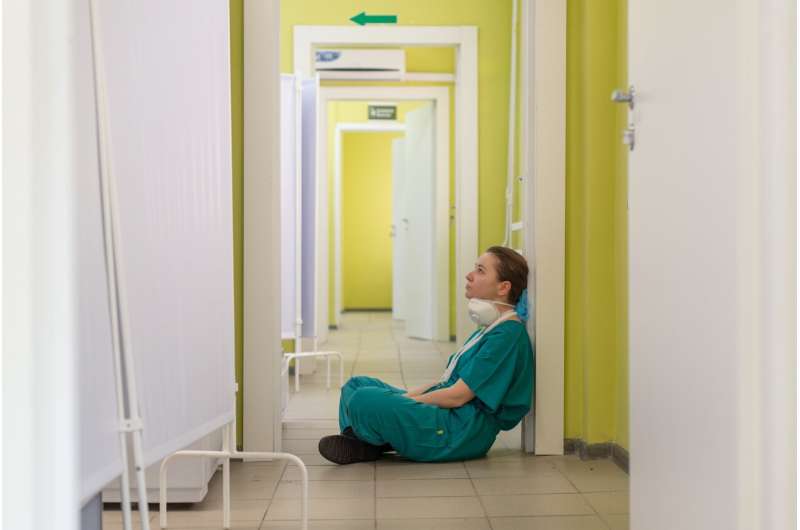Emergency Department Staff Report Job Satisfaction Despite Challenges of Burnout and Retention

A global survey shows that emergency medicine staff report high job satisfaction despite persistent challenges like burnout and staff retention issues, highlighting the importance of support and organizational improvements.
Recent international survey findings reveal that many emergency medicine professionals experience a sense of satisfaction in their roles, even as they navigate significant workload pressures and staff retention issues. Presented at the European Emergency Medicine Congress, the study titled "Global Job Satisfaction Among Emergency Medicine Professionals: Results from the 2025 Emergency Medicine Day Survey" highlights that while the majority find their work fulfilling, critical areas such as career development, organizational structure, and workload management require urgent improvement.
The survey, conducted by the EUSEM Emergency Medicine Day Working Group, gathered responses from 1,112 healthcare providers across 79 countries, making it one of the most comprehensive assessments of emergency medical workforce wellbeing to date. Despite high levels of job satisfaction reflected by an average score of 25.37 out of 36, professionals face ongoing challenges including high patient volumes, shift work, emotional stress, and demanding organizational environments.
Notably, staff in high-volume emergency departments treating over 100,000 patients annually and those in mid-career (five to twenty years of experience) reported significantly lower job satisfaction. Interestingly, nurses and paramedics generally expressed higher satisfaction, especially regarding workload and organizational support, compared to physicians.
Supportive colleagues, organizational commitment, and professional fulfillment emerged as key positive factors influencing job satisfaction. Professionals planning to continue in their roles for the upcoming year also exhibited higher satisfaction levels, emphasizing the link between wellbeing and staff retention.
Experts stress that while emergency medicine inherently involves high demands, proper support systems, effective teamwork, and a strong sense of purpose can sustain staff engagement. However, there is a pressing need for strategies to bolster leadership, support mid-career staff, improve work-life balance, and facilitate clear career advancement paths. The survey's findings highlight red flags around burnout, particularly in departments with overwhelming patient loads.
The team behind the study plans to delve deeper into data differences across countries and healthcare systems, aiming to enhance workforce sustainability efforts. Dr. Basak Yilmaz from Turkiye underscores the practical utility of these insights, noting that they can serve as benchmarks for improving staff retention and care quality worldwide.
Overall, the research emphasizes that fostering a positive work environment is crucial for maintaining an effective and resilient emergency medical workforce, ultimately benefiting patient outcomes and healthcare systems globally.
Stay Updated with Mia's Feed
Get the latest health & wellness insights delivered straight to your inbox.
Related Articles
Fathers Less Likely to Engage in Important Conversations About Sex with Their Children
A new study reveals that mothers are more likely than fathers to discuss sex and relationships with their children, highlighting the need for greater parental support to foster open conversations about safe and healthy sexuality in families.
The Importance of Discussing Sexual Health After Gynecological Cancer Treatment
Open communication about sexual health post-gynecological cancer treatment is essential for survivors' well-being. Learn how healthcare providers can support emotional and physical intimacy through respectful conversations.
Stanford Develops ChatEHR: AI Tool That Enables Clinicians to Interact with Medical Records Via Chat
Stanford introduces ChatEHR, an AI-powered software that enables healthcare providers to interact with patient records via chat, streamlining clinical workflows and improving patient care efficiency.



